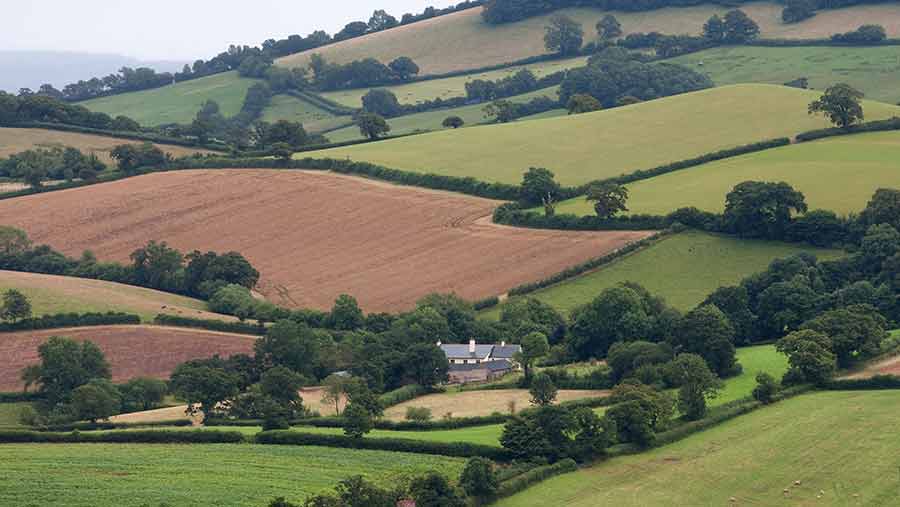Common errors could jeopardise CSS mid-tier applications
 © Tim Scrivener
© Tim Scrivener Natural England (NE) is seeing a range of errors on mid-tier Countryside Stewardship Scheme (CSS) applications which will slow down processing and could affect a farmer’s chance of being offered a 2018 agreement.
It also revealed that requests for application packs were up this year (at 7,600), which raises the the possibility that the scheme may be oversubscribed.
If that proves to be the case, agreements will be offered to the highest scoring applicants to maximise environmental benefits.
See also: Countryside Stewardship delays prove headache for farmers
The final deadline for applications is 30 September 2017.
According to Claire Robinson, NFU countryside adviser, NE has told stakeholders that more than half of the early applications submitted contained an error or had missing information.
Examples of errors include the form being signed by two people, when the trading status of the business is indicated as a sole trader.
Other common mistakes include a failure to initial any corrections that have been made to a form or listing rotational options/capital items in annexes as a total length/area, rather than the individual quantities to be applied to individual parcels detailed separately.
Missing
Missing information includes not supplying photographs or leaving the Farm Environment Record blank when applicants must confirm there are no features to record if this is the case.
Another common problem is the need for all land subject to a CSS option, including yards, to be registered on the Rural Land Register.
“This means, for example, that if you are applying to do concreting work in a yard then that area needs to be registered,” said Ms Robinson.
“This means submitting an RLE1 form to the Rural Payments Agency for any areas not previously registered.”
The NFU is advising farmers that they keep a copy of this RLE1 for their own records, but also submit an additional copy with their CSS application as proof that it is in the system.
Follow up
Ms Robinson said that, to date, NE has been going back to applicants where errors have been made and asking for the correct information.
However, as the number of applications increases, that might become more difficult, particularly if there are more applications submitted this year.
Ms Robinson said where an application requested supporting evidence, but that evidence was not available, applicants should write down that this was the case to avoid processing delays.
Guidance
Natural England has published a guidance note (PDF) on how to avoid common errors and is encouraging farmers to submit their forms early so they can be checked and any information updated.
Applicants looking to increase their score and likelihood of being offered an agreement can use the Options Finder Tool on the RPA website.
A Natural England spokesperson said: “Last year, Countryside Stewardship applications increased by almost 45% and requests for mid-tier application packs are up this year.
“We have worked with farmers to make it simpler and easier to apply for the scheme and will continue working to improve it as far as possible within the current EU framework.”
